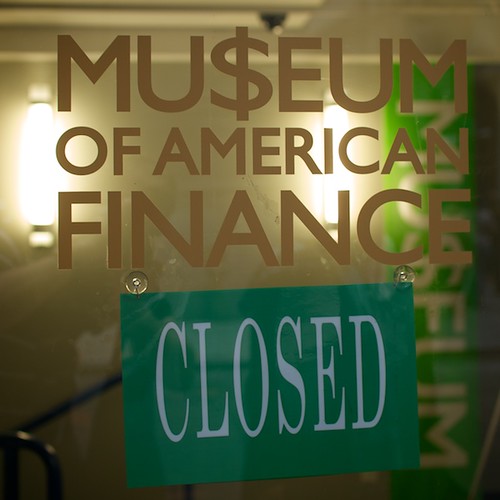Which executives are more likely to engage in insider-trading?
.The ones that are already rich:
Using a sample of all top management who were convicted of illegal insider trading in the United States for trades during the period 1989-2002, we explore the economic rationality of this white-collar crime. If this crime is an economically rational activity in the sense of Becker (1968), where a crime is committed if its expected benefits exceed its expected costs, “poorer” top management should be doing the most illegal insider trading. This is because the “poor” have more to gain (an extra dollar means more to them) and less to lose (loss of reputation and future compensation if caught is lower for them.) We find in the data, however, that convictions are concentrated in the “richer” strata after we control for firm size, industry, firm growth opportunities, the opportunity to commit illegal insider trading, and the possibility that regulators target the “richer” strata. We thus cannot rule out psychological motives (like hubris) or sociological motives (like company culture) behind this white-collar crime.
Source: Bhattacharya , Utpal and Marshall, Cassandra D., Do They Do It for the Money? (November 18, 2009). AFA 2011 Denver Meetings Paper.
Hat tip: Catherine Rampell
Digests of posts:
Things you didn’t know about sex
How to quickly and easily improve your life
Things you didn’t know about sports
Things you didn’t know about happiness
Things you didn’t know about lies, liars and detecting lies
Things you didn’t know about negotiation, persuasion and influence






